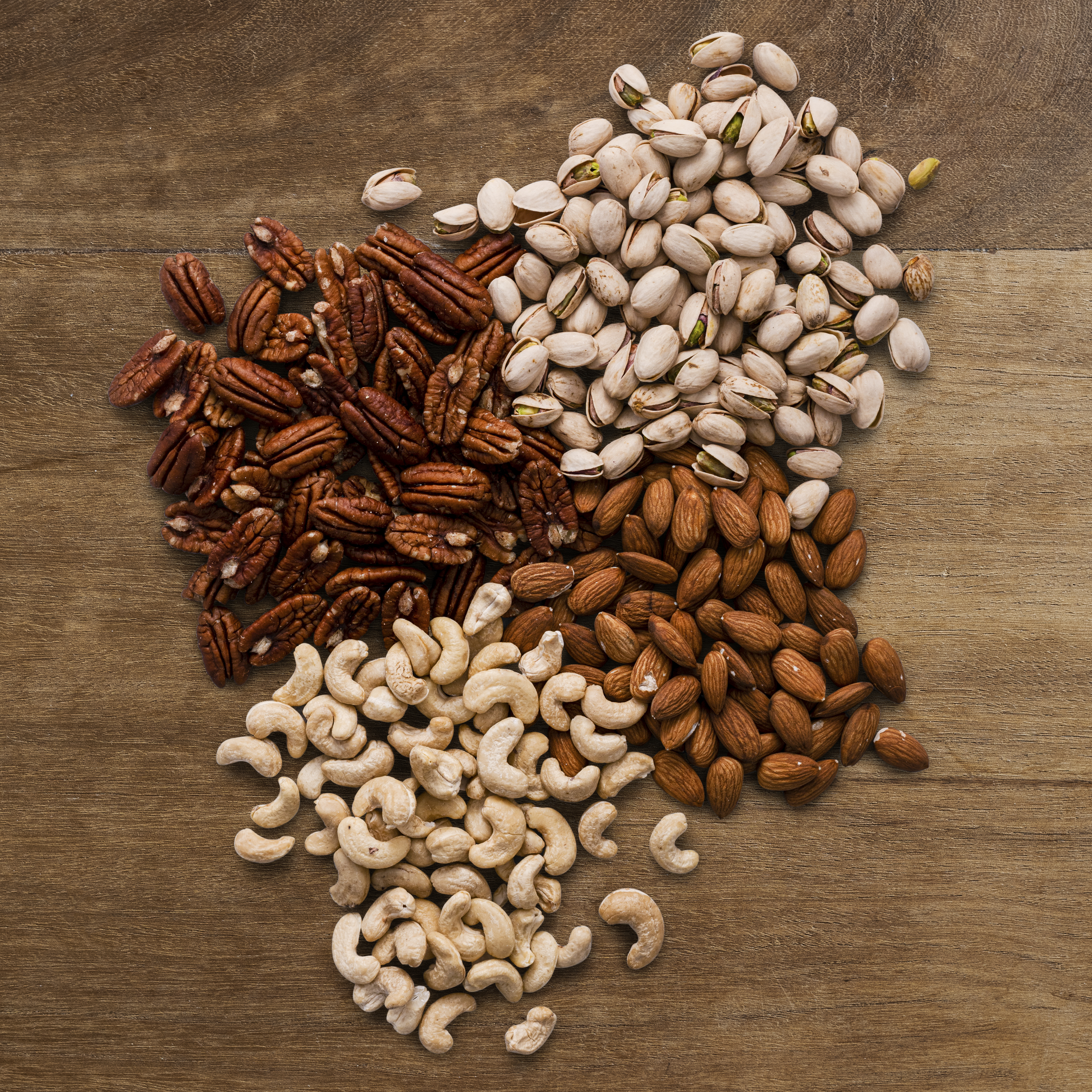Gut health isn’t just a wellness trend; it’s a fundamental aspect of overall health. And one of the best ways to keep your gut in prime condition? Fiber. This nutrient is the ultimate digestive system wingman, helping keep things moving, managing blood sugar, and even supporting beneficial gut bacteria. But not all fiber is created equal. Different types do different things, so knowing what to eat—and how much—can make all the difference.
Fiber comes in two main forms: soluble and insoluble. Soluble fiber dissolves in water and forms a gel-like substance in the gut, which helps slow digestion and stabilize blood sugar. Insoluble fiber, on the other hand, doesn’t dissolve. It adds bulk to stool, helping things pass smoothly through the digestive system. Both types are essential, and each type can be found in a variety of foods.
According to the Institute of Medicine, the daily recommended intake of fiber is 25 grams for women and 38 grams for men. Unfortunately, studies show that most people are only getting about 15 grams per day. Time to change that—here’s how.
- Oats
Oats are packed with soluble fiber, specifically a type called beta-glucan. This fiber has been shown to help reduce cholesterol and improve heart health, which indirectly benefits your gut by fostering a healthier blood flow and nutrient delivery to the digestive organs.
But that’s not all! Studies indicate that beta-glucan also has prebiotic effects, meaning it helps feed the good bacteria in your gut. In fact, research from the American Journal of Clinical Nutrition found that beta-glucan can increase the growth of Lactobacilli and Bifidobacteria, two beneficial gut bacteria associated with digestive health.
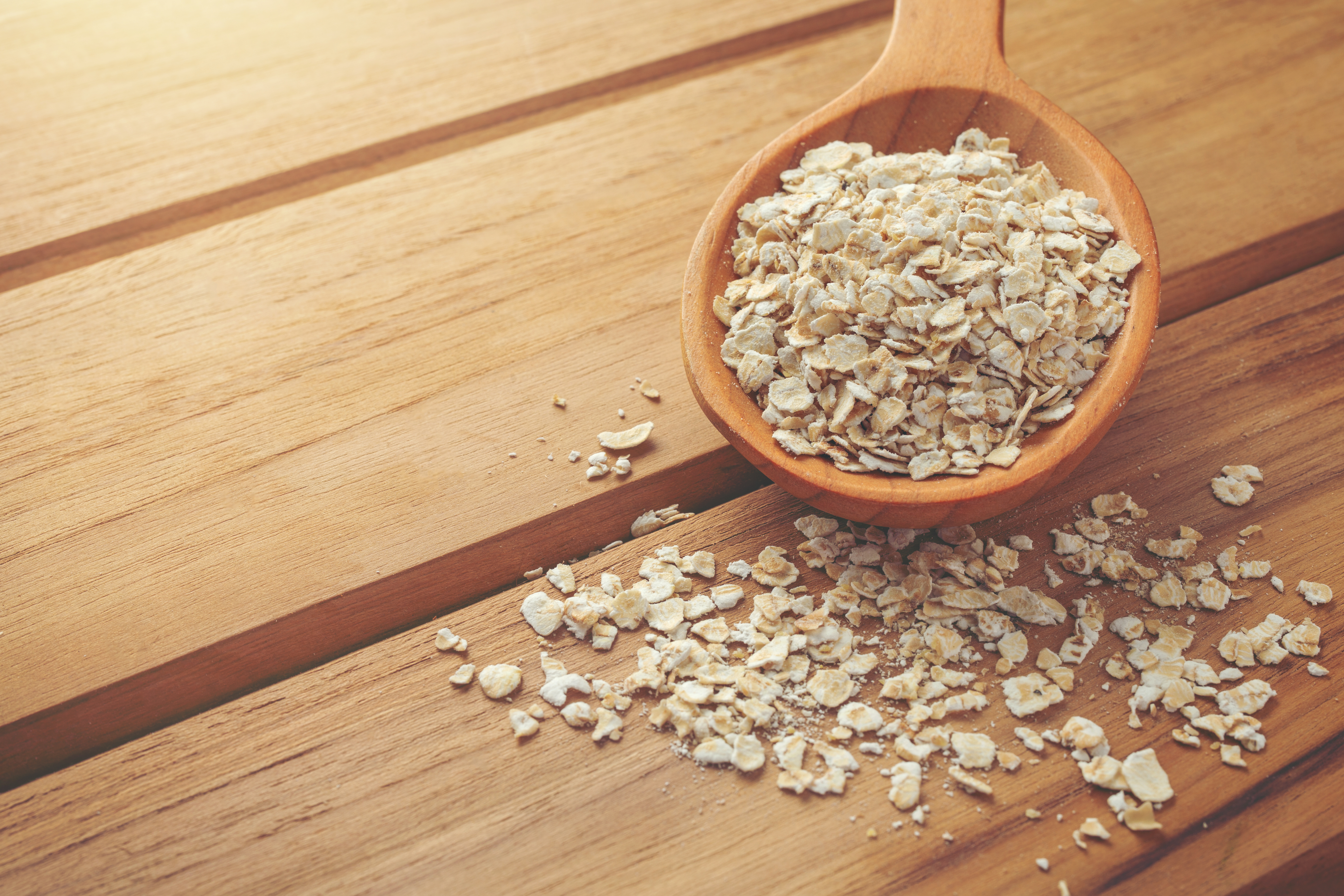
- Apples
An apple a day might not keep the doctor away entirely, but it will certainly help your gut. Apples are rich in both soluble and insoluble fiber, particularly pectin, which has been shown to increase the population of beneficial bacteria in the gut.
A 2019 study published in Frontiers in Microbiology found that regular apple consumption was linked to a more diverse microbiome, which is key for digestive health. Plus, apples are a source of polyphenols, antioxidants that further support a healthy gut environment by reducing inflammation.
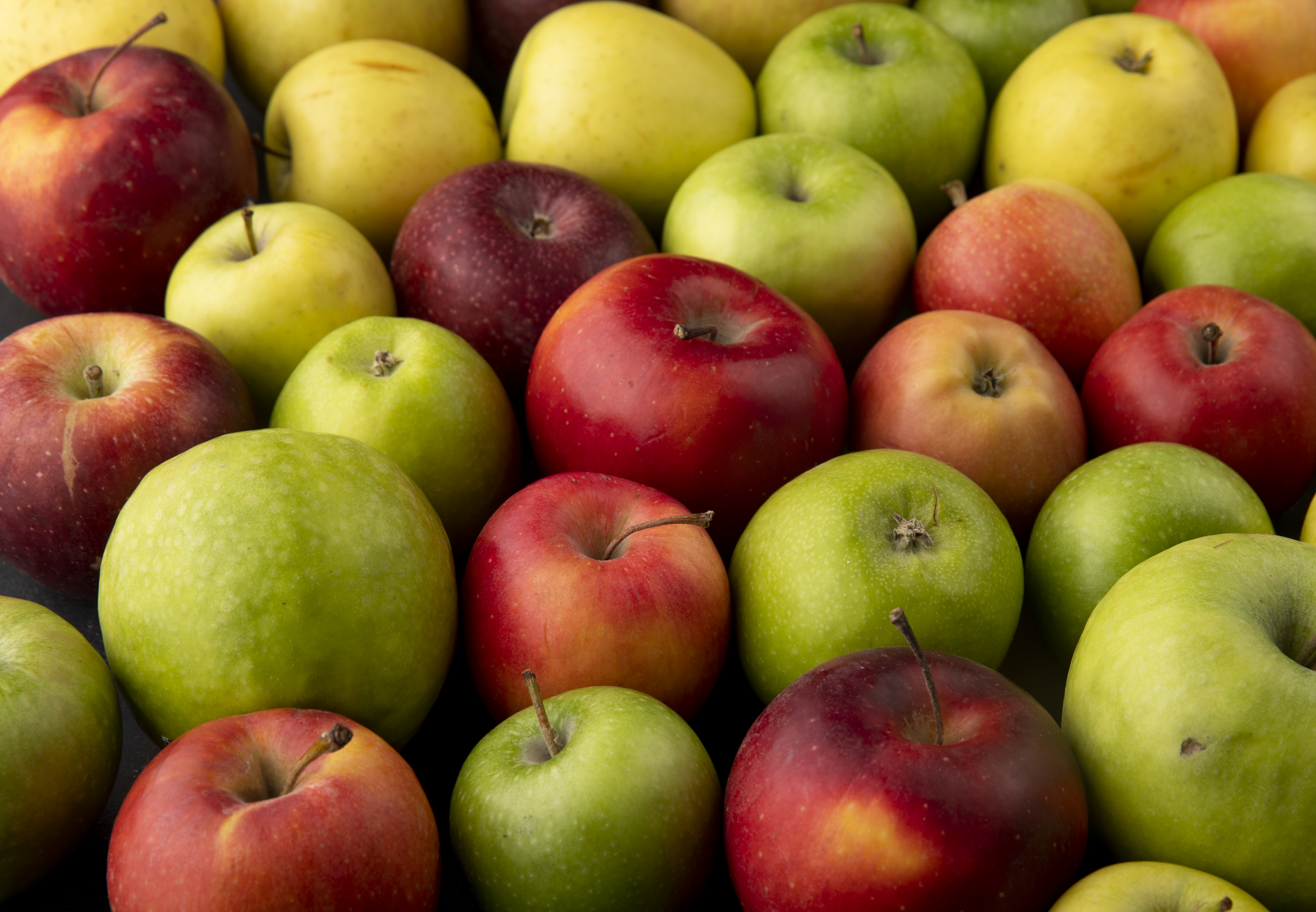
- Beans
Beans, such as black beans, kidney beans, and lentils, are not only high in protein but also packed with fiber. They contain both soluble and insoluble fiber, making them fantastic for promoting satiety and regularity.
A Harvard study suggests that people who consume beans regularly tend to have a lower risk of developing digestive issues, such as diverticulitis, due to their fiber-rich composition. Beans also produce short-chain fatty acids (SCFAs) as they ferment in the gut, providing fuel for your colon cells and aiding in reducing inflammation.
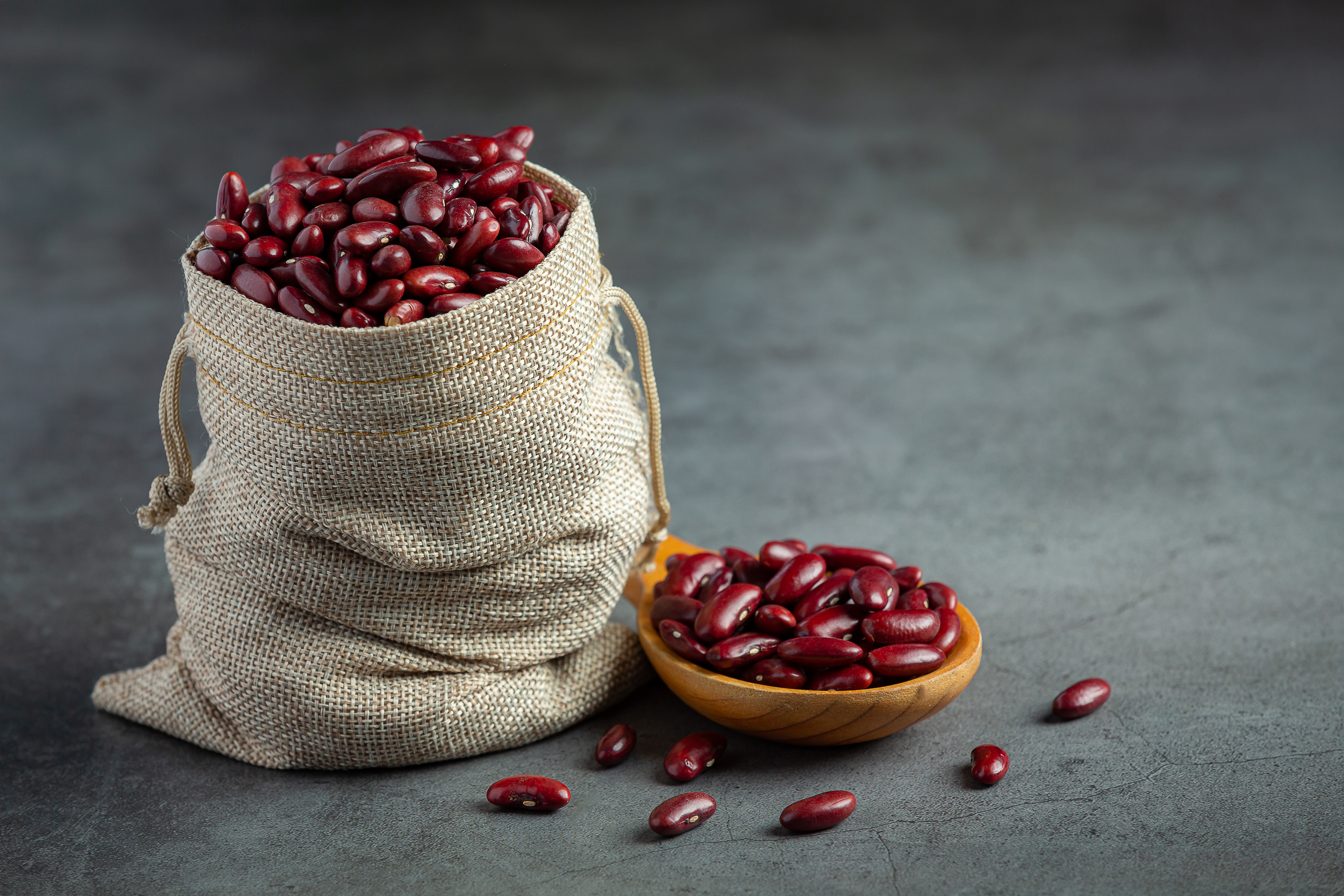
- Berries
Berries, such as raspberries, strawberries, and blueberries, pack an impressive fiber punch. A cup of raspberries alone provides about 8 grams of fiber, nearly a third of the daily recommended intake for women.
Not only are they rich in fiber, but berries also contain antioxidants, particularly anthocyanins, which help lower inflammation. A study in the Journal of Nutrition found that a diet high in berries led to a healthier gut microbiome and improved gut barrier function. So don’t be fooled by their size—these tiny fruits mean serious business when it comes to gut health.
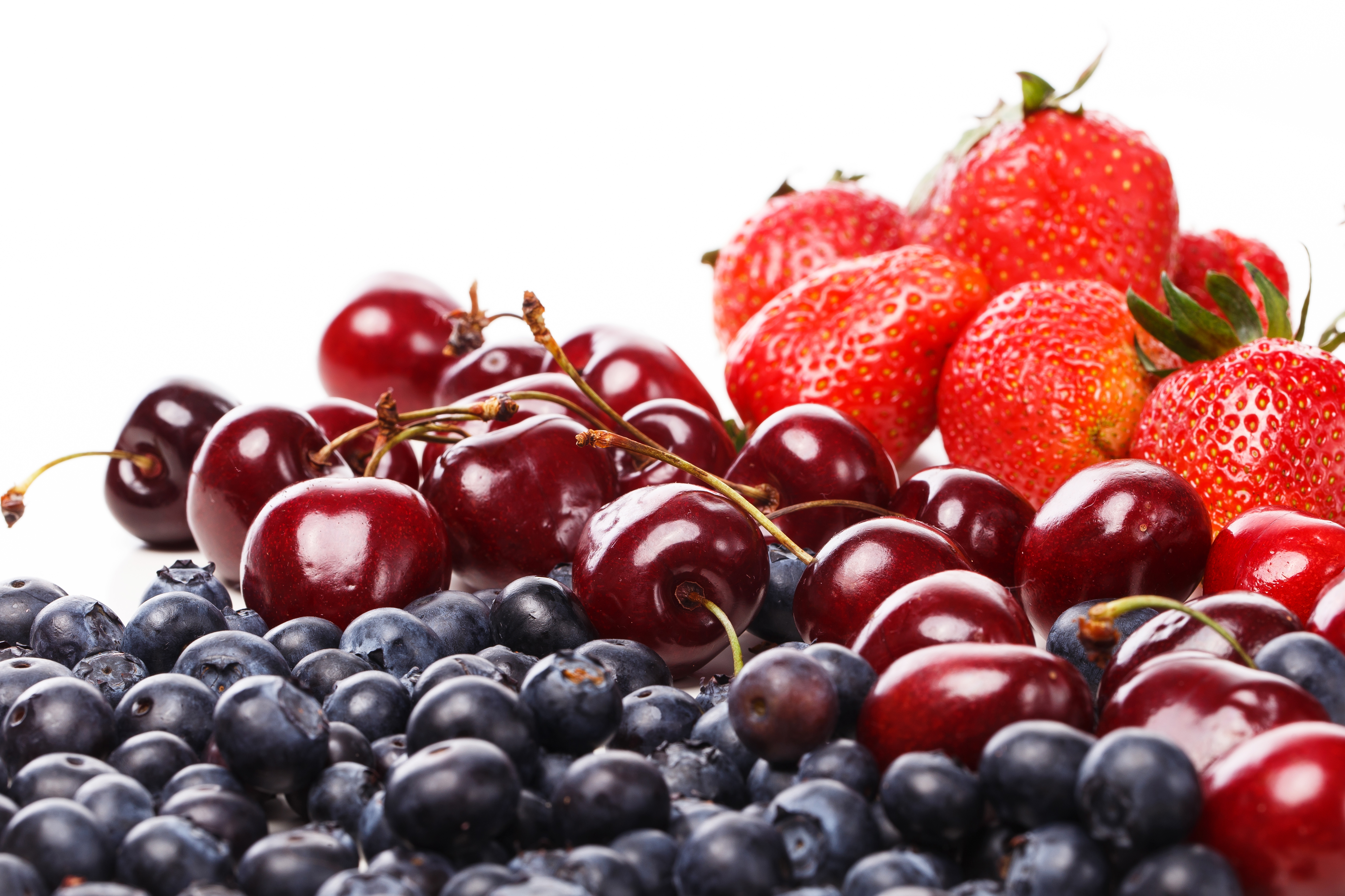
- Whole grains
Whole grains, such as brown rice, quinoa, and whole-wheat bread, are essential sources of insoluble fiber. These grains help add bulk to stool, easing constipation and promoting regularity. They also contain resistant starch, which ferments in the gut to produce SCFAs that benefit your colon and reduce the risk of colon cancer.
A large review published in The Lancet concluded that higher intake of whole grains was associated with a reduced risk of coronary heart disease, type 2 diabetes, and colorectal cancer. Plus, whole grains also contribute to a feeling of fullness, which helps prevent overeating and supports weight management.
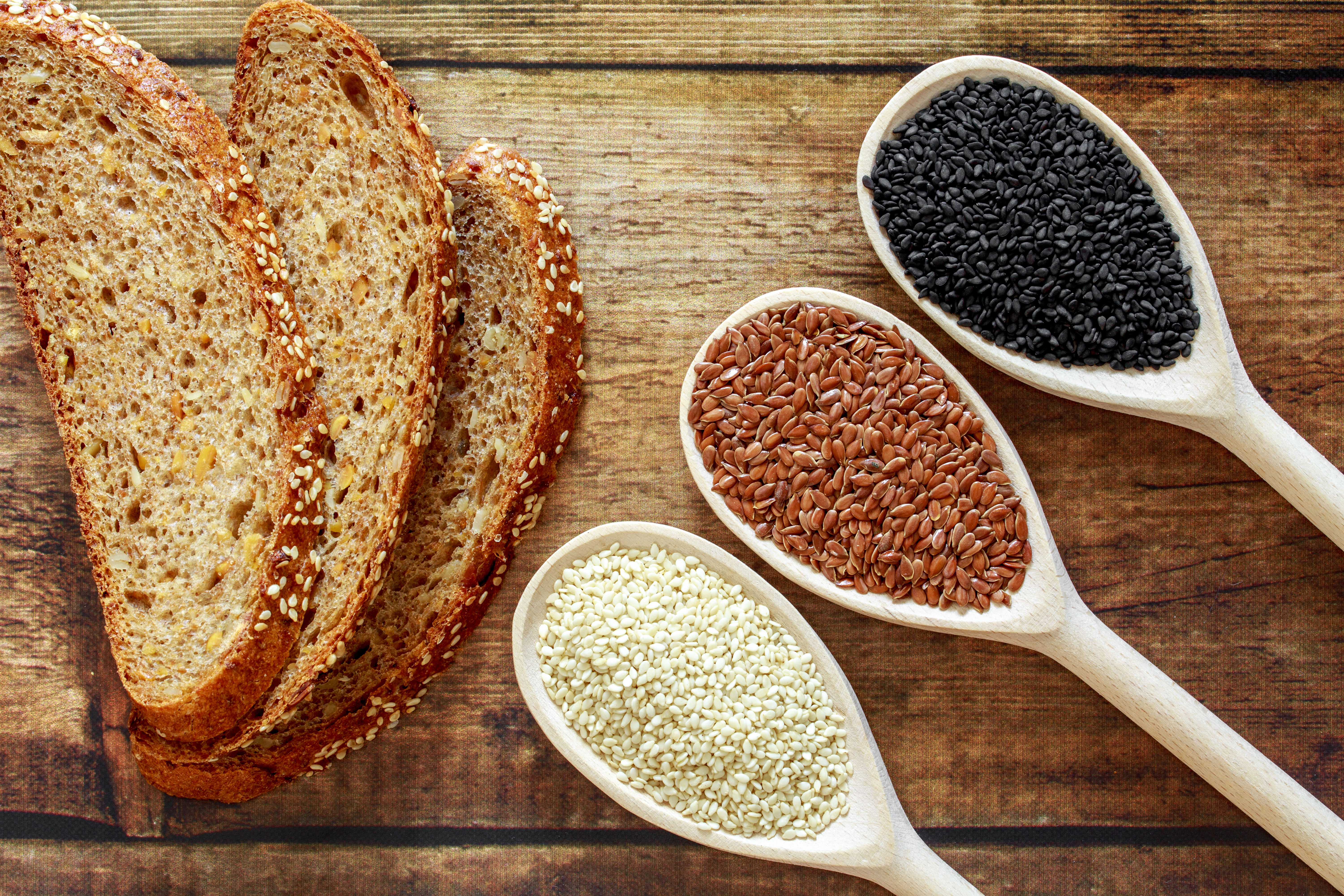
- Nuts and seeds
Don’t underestimate the power of nuts and seeds when it comes to fiber. Almonds, chia seeds, and flaxseeds, in particular, are incredibly high in fiber. Chia seeds, for example, offer an impressive 10 grams of fiber per ounce, with a good mix of both soluble and insoluble fiber.
Research published in the European Journal of Clinical Nutrition shows that adding nuts and seeds to your diet can increase the diversity of gut bacteria and improve markers of gut health. Just remember to consume them in moderation, as they’re also high in calories.
